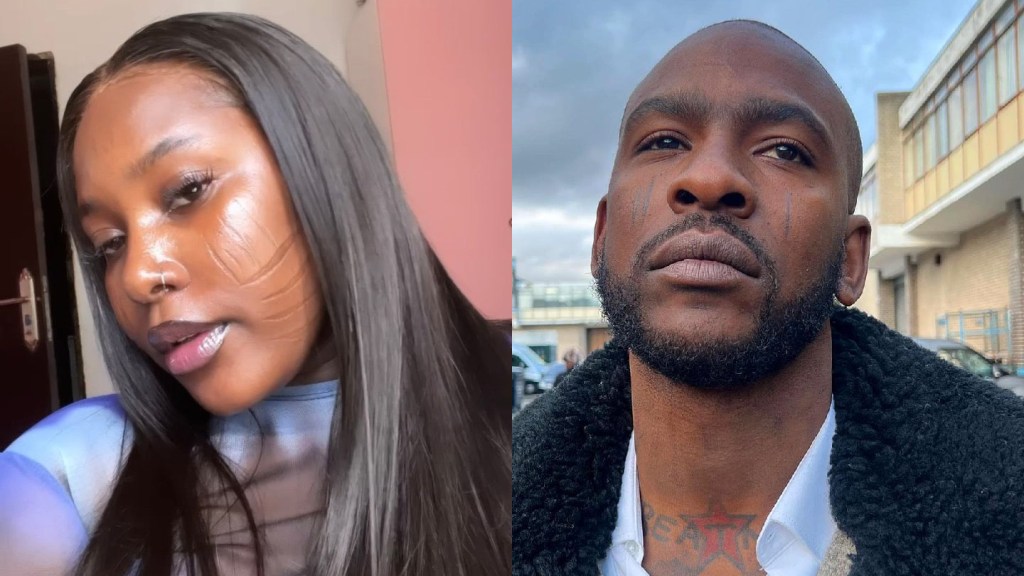Welcome to “Reel Women,” a column highlighting important women in the world of cinema, from on-screen characters to real-life filmmakers.
It’s wondrous how a film so revolutionary as Kathleen Collins’ Losing Ground carries has such an easy breeziness about it. The 1982 feature was Collins’s first and only film—she would die just six years later due to breast cancer—but it was one of the pioneering examples of a film written and directed by a Black woman. The film’s recognition came far too late (having never been shown outside of the 80s film festival circuit) when it was restored and screened to a whole new audience at New York City’s Lincoln Center in 2015.
Videos by VICE
Losing Ground can best be described as an intimate look at marriage, art, academics, gender, and racial identity. It would be easy, and fair, to label it a “slice-of-life” picture for its depiction of everyday routine, but this term carries so much more meaning here considering the filmmaker and its layered context.
Raised in Jersey City, Collins was born in 1942 and was an activist and author. Her film even existing is itself a miracle. Collins’ career was cut short due to her health, but a stunted filmography is not unusual for women filmmakers like Julie Dash (Daughters of the Dust) and Leslie Harris (Just Another Girl on the I.R.T.), who should both have more robust careers.
Losing Ground’s protagonist is Sara (Seret Scott), a philosophy professor who may have been a fictional stand-in for Collins, who was a professor herself—she taught film history at City College in New York. Sara occupies the first frame of the film, prim and proper in glasses and a teacherly beige blazer, lecturing. Her husband, Victor (Bill Gunn), is a free-spirited painter and her complete opposite.
For the summer, Victor persuades a begrudging Sara to rent a beautiful home in upstate New York where he can focus on painting. While there, Victor meets a Puerto Rican woman named Celia (Maritza Rivera), who becomes his muse. This throws the already sensitive Sara into an even deeper crisis, as she questions her desirability and artistic side; it certainly doesn’t help that her mother is an actress and this creative standard has been presumably hanging over her head her whole life. “Nothing I do leads to ecstasy,” Sara complains to her husband. She spends her days being questioned by Victor and traversing her new, inconvenient commute to the city for academic research.
“I saw this film only two years ago, but when I did, I had a ‘Where have you been all my life?’ moment,” film critic and programmer Miriam Bale tells Broadly. “It’s a tale of an artist like [Federico] Fellini’s film 8½ but for Black women instead of sexist men. By the end of the film, a hole deep in my psyche had been filled, but one I hadn’t even known existed before seeing this.”
Sara’s lack of recognition from her husband is a constant struggle despite her own accomplishments. “If I did something artistic, like write or act, would that get me a little more consideration,” she asks Victor. Sara searches for her own ecstasy, and she does so while starring in a student film alongside a handsome actor named Duke (Duane Jones), with whom she’s already had a flirtatious establishment.
But Sara doesn’t find happiness through her husband’s approval, in fact, the film doesn’t give you an easy happily-ever-after ending. Throughout the film, Sara becomes less of her rigid initial self, trading in her scholarly blouses for colorful, free-flowing ruffles and scarves. But she doesn’t perform “ecstasy” under her husband’s gaze; the agency is gained on her own terms. Not that that solves her marital problems.
Their flawed marriage that pushes and pulls the story along is simply a realistic portrayal of a creative couple. It resists perfect absolution of Black characters who have been held back by systemic oppression. In fact, Victor proclaims that he is a “genuine Black success” for selling one of his paintings but the film’s narrative doesn’t ignore the implications of Blackness, either, such as in the case of Duke joking that he must have been born Black for some bad karmic reason.
The film also resists the fetishization of Black bodies, something that filmmakers Barry Jenkins (If Beale Street Could Talk), Ava DuVernay (Selma), and Jordan Peele (Get Out) have also mastered more than 30 years since the debut of Collins’ film.
Angelica Jade Bastién previously wrote about Losing Ground for Vulture. Of the film, Bastién tells Broadly that she believes Collins’ work was revolutionary for the time period it was created in. “Collins creates a painterly rendition of Black life between middle class, highly-educated artists,” she says.
For More Stories Like This, Sign Up for Our Newsletter
Adding, “Collins foregrounds their humanity coaxing highly-textured performances that in turn create a complicated portrait of desire, infidelity, and what it means to be an artist. It doesn’t fetishize or trivialize the complexities of Blackness but celebrates it richly in a story that is both existentially profound and proudly empathetic.”
The images also reflect the richness of this story, which, as realistic as it is, is never as drab. Collins and her cinematographer Ronald K. Gray bask the characters in glowing light, often in the bright summer sun. Even a scene in Sara’s stuffy office gives off a chrome-yellow radiance—this same light bounces off Victor’s paintings in their home. The camerawork is as dynamic as the characters: A tracking shot is used for Sara’s outdoor walking scene alongside Duke; for Victor, it’s a loose, handheld camera.
These touches add a distinctly cinematic quality to an otherwise everyday story. Except, the rarity of such a story already exonerates it from commonality.




